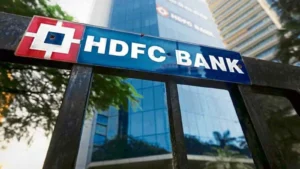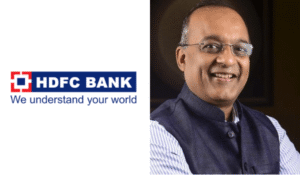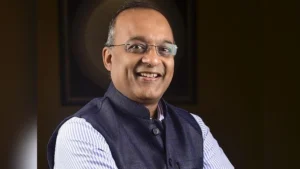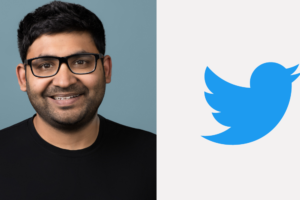HDFC Bank CEO and Eight Others Booked in ₹2 Crore Fraud Case
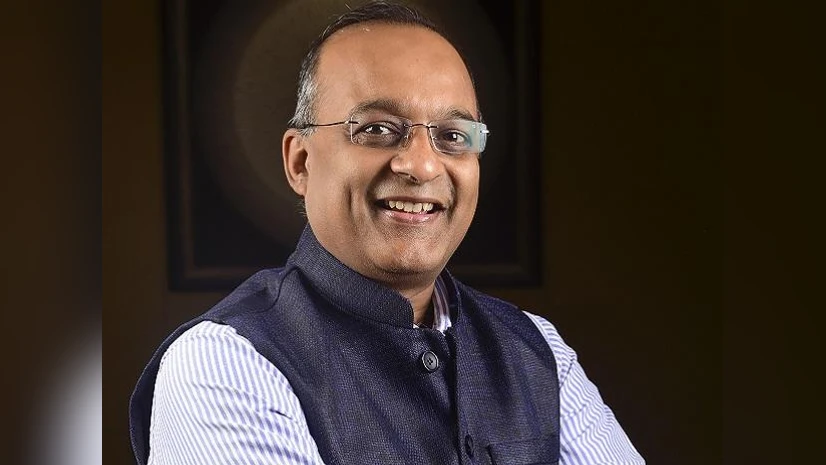
The Indian banking sector has been jolted by a controversy involving one of its most respected figures. Sashidhar Jagdishan, the Managing Director and Chief Executive Officer of HDFC Bank, along with eight others, has been named in a fraud case involving an alleged misappropriation of ₹2.05 crore. The case was filed by the Lilavati Kirtilal Mehta Medical Trust, which runs the famous Lilavati Hospital in Mumbai, and has since escalated into a high-profile legal dispute. With HDFC Bank being India’s largest private sector lender, the allegations have triggered widespread debate, questions of corporate accountability, and concerns over the reputation of the institution.
The Allegations
The FIR against Jagdishan claims that he, along with others, accepted funds amounting to ₹2.05 crore, which formed a part of a larger misappropriation of nearly ₹14.42 crore. According to the Trust, this money was allegedly used for activities that went beyond legitimate financial dealings and were aimed at pressuring the father of a trustee in an attempt to shift the balance of control within the Trust. The case alleges that the transactions were not only irregular but also carried out with the intention of cheating and breaching trust, thereby warranting criminal proceedings. For a leader at the helm of a reputed bank like HDFC, such accusations have come as a shock, especially since Jagdishan has long been seen as a professional with an unblemished record.
FIR and Legal Battle
The FIR was registered on May 31, 2025, at Bandra Police Station following a magistrate’s order. The charges mentioned in the FIR include cheating and criminal breach of trust, two of the most serious accusations in financial and corporate law. The Trust approached the authorities after what it described as repeated attempts to raise the issue internally were ignored. Once the FIR was filed, the matter quickly turned into a full-scale legal battle. Jagdishan approached the Bombay High Court to challenge the allegations, and later the matter even reached the Supreme Court. However, the apex court declined to interfere at this stage, observing that the issue was already pending before the High Court. This refusal added another layer of complexity to the case, as it meant that the FIR would remain valid until the High Court delivers its judgment.
HDFC Bank’s Stand
HDFC Bank has strongly denied all allegations, issuing a public statement in which it called the FIR baseless, malicious, and an attempt to malign the image of the bank and its leadership. The bank argued that the allegations are directly connected to its long-standing efforts to recover dues from Splendour Gems Limited, a company linked to the Mehta family. According to the bank, as of May 31, 2025, Splendour Gems owed nearly ₹65.22 crore, and the FIR was filed in retaliation to these recovery proceedings. HDFC has insisted that the charges against its CEO are not only unfounded but also motivated by vested interests seeking to derail its legitimate debt recovery process. The bank further announced that it would pursue legal remedies to protect its reputation and safeguard the credibility of its top leadership.
Developments in Court
The court proceedings in this case have been anything but straightforward. At the Bombay High Court, several benches recused themselves from hearing the matter, with one judge openly disclosing shareholding in HDFC Bank as a reason for stepping aside. This led to delays in the hearing, while also underlining the sensitivity and significance of the case. In a significant interim relief, the High Court ruled that no summons would be issued to Jagdishan until the next scheduled hearing, which has been fixed for July 23, 2025. Meanwhile, the Lilavati Trust has filed a plea seeking a Central Bureau of Investigation (CBI) probe, arguing that Jagdishan, by virtue of his position, can be treated as a public servant under certain provisions of law and therefore requires a central agency to investigate the matter.
Broader Impact on Banking and Governance
The allegations and the subsequent legal drama have had an undeniable impact on the banking sector. For investors, shareholders, and customers, the news has been unsettling, as leadership integrity is crucial in financial institutions. While HDFC Bank continues to enjoy a solid financial foundation and remains one of the most trusted lenders in India, any controversy involving its CEO has the potential to dent public confidence in the short term. Analysts believe that the strong fundamentals of the bank and its diversified operations may cushion it against immediate market shocks, but in the long run, such cases can affect governance standards and regulatory scrutiny across the banking industry. This incident also brings to the forefront the complex intersection of corporate interests, charitable trusts, and high-value financial dealings in India.
Conclusion
The ₹2 crore fraud case against HDFC Bank’s CEO is more than just a personal legal battle; it is a test of institutional credibility and governance in India’s financial ecosystem. On one side stands HDFC Bank, a financial giant that has built its reputation on trust, transparency, and efficiency, while on the other stands a prominent charitable trust with claims of being wronged. The outcome of this case will not only decide the personal fate of Sashidhar Jagdishan but also set a precedent for how disputes involving powerful corporate houses and public trusts are handled in the future. With the next High Court hearing due on July 23, 2025, the case remains in the spotlight, and its resolution will be closely watched by the banking industry, regulators, and the public alike.
